Audi launches AUDI, a China-only sub-brand, with a handsome new EV concept
The AUDI E previews a new range of China-specific electric vehicles from the German carmaker’s new local sub-brand
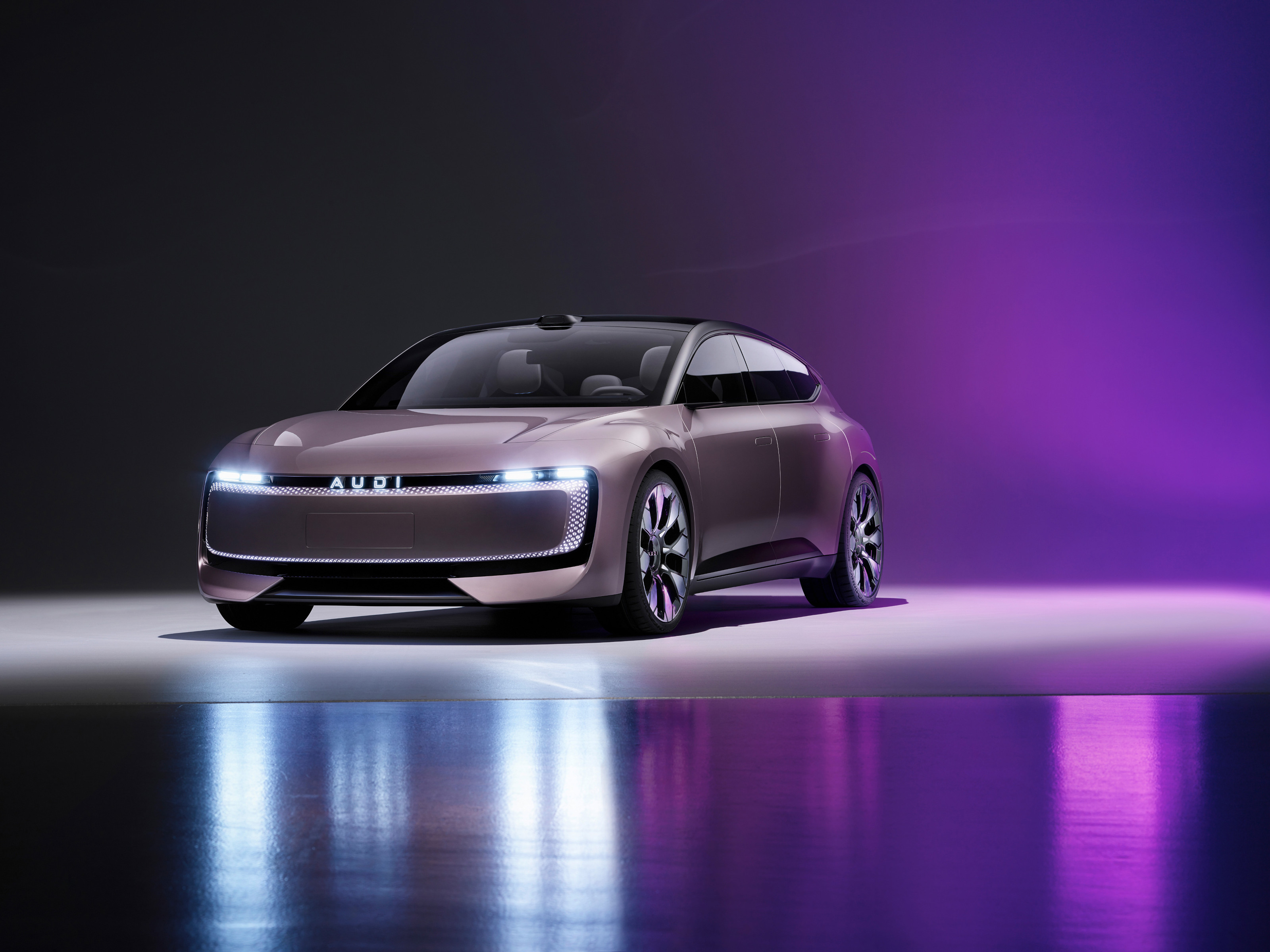
What to make of the handsome new AUDI E concept, equipped with the knowledge that this is a car designed explicitly for the Chinese market? Not only that, the E is the first sight of what will be known as AUDI, a separate sub-brand to Germany’s Audi that blends innovation and expertise from both long-standing car cultures.
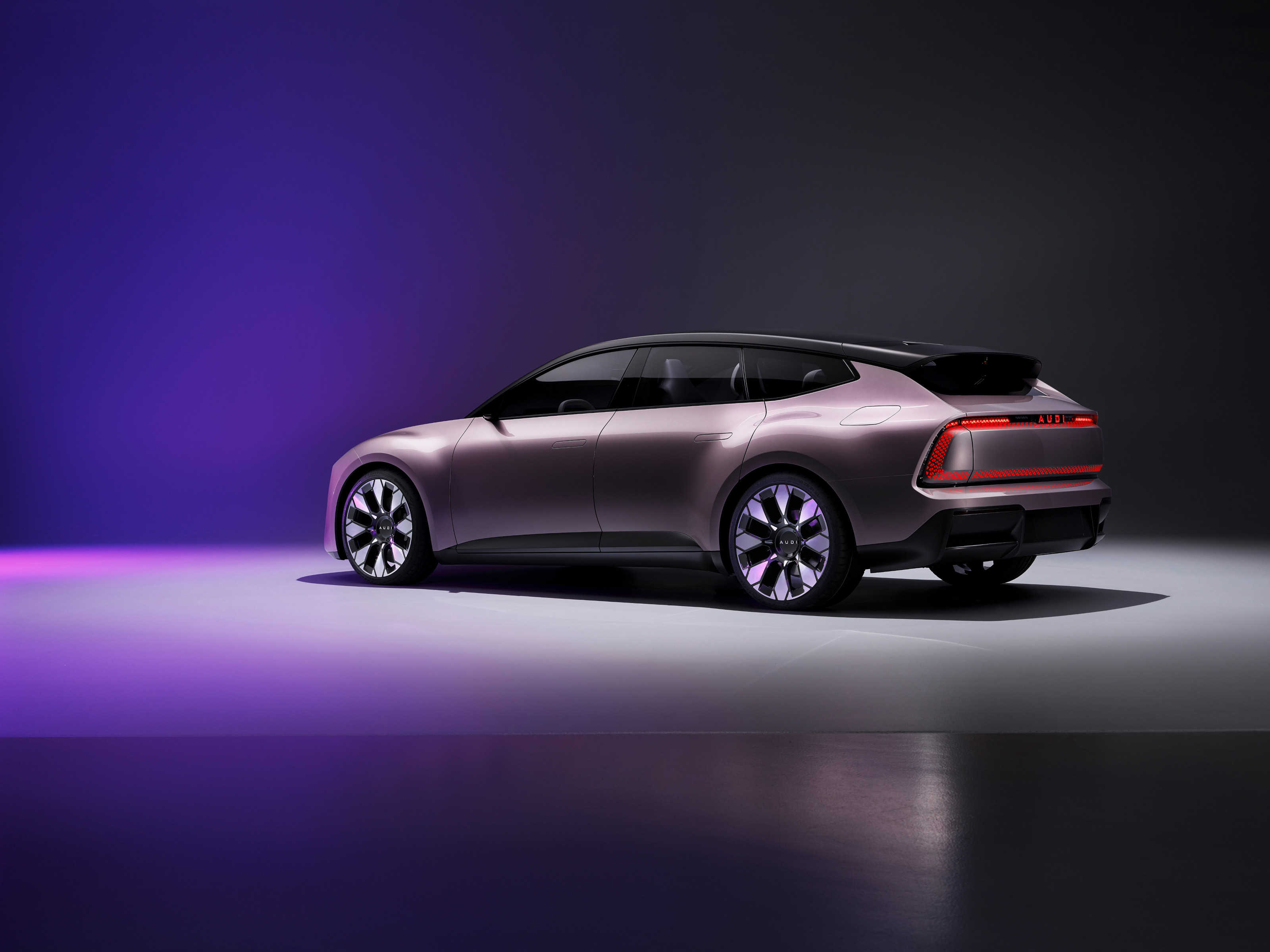
AUDI E Concept
As we recently noted when talking about the Volkswagen Passat, the VW Group was an early adopter when it came to working hand in hand with the nascent Chinese auto industry. Audi’s relationship with the country dates back to 1988, when it was considered the country’s first ever premium brand. Today, SAIC Volkswagen builds just three Audi models out in China, the A7L, Q5 e-tron and Q6. That’s a marked difference to the 18 models currently listed in the UK (although a serious audit is in process).
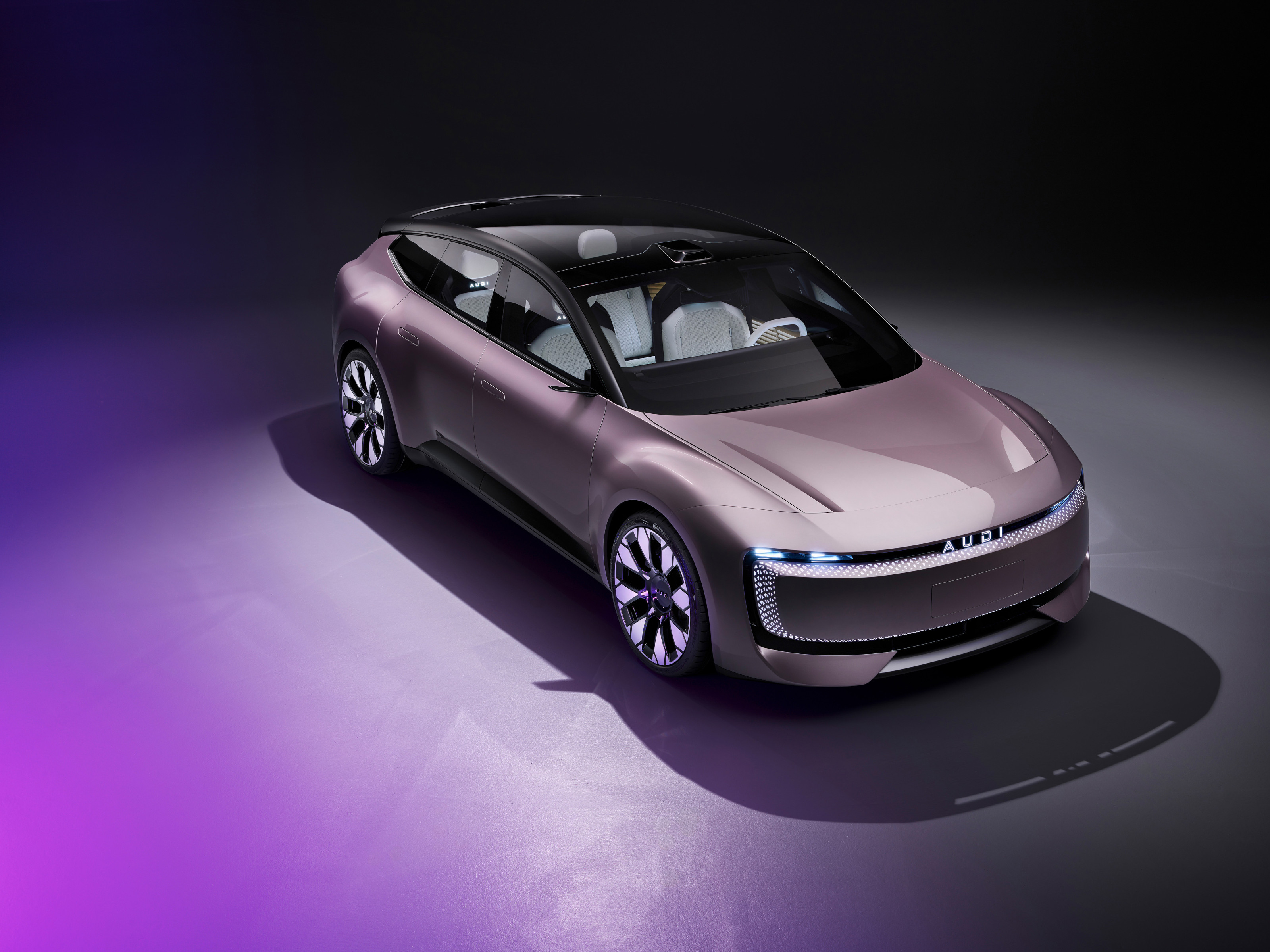
AUDI E Concept
AUDI, on the other hand, looks set to break free from the etymological knots the parent company has tied itself up into in recent years, with Qs and Rs and RSs and e-trons and other confusing shifts in naming strategy. Although naming the new brand AUDI – without any sign of the four-ring logo – seems like fuel for more confusion, the company is clearly hoping to cut through the noise. The Chinese market’s hunger for technology is also driven by the understanding that most new innovation comes from the home market, rather than imported brands.
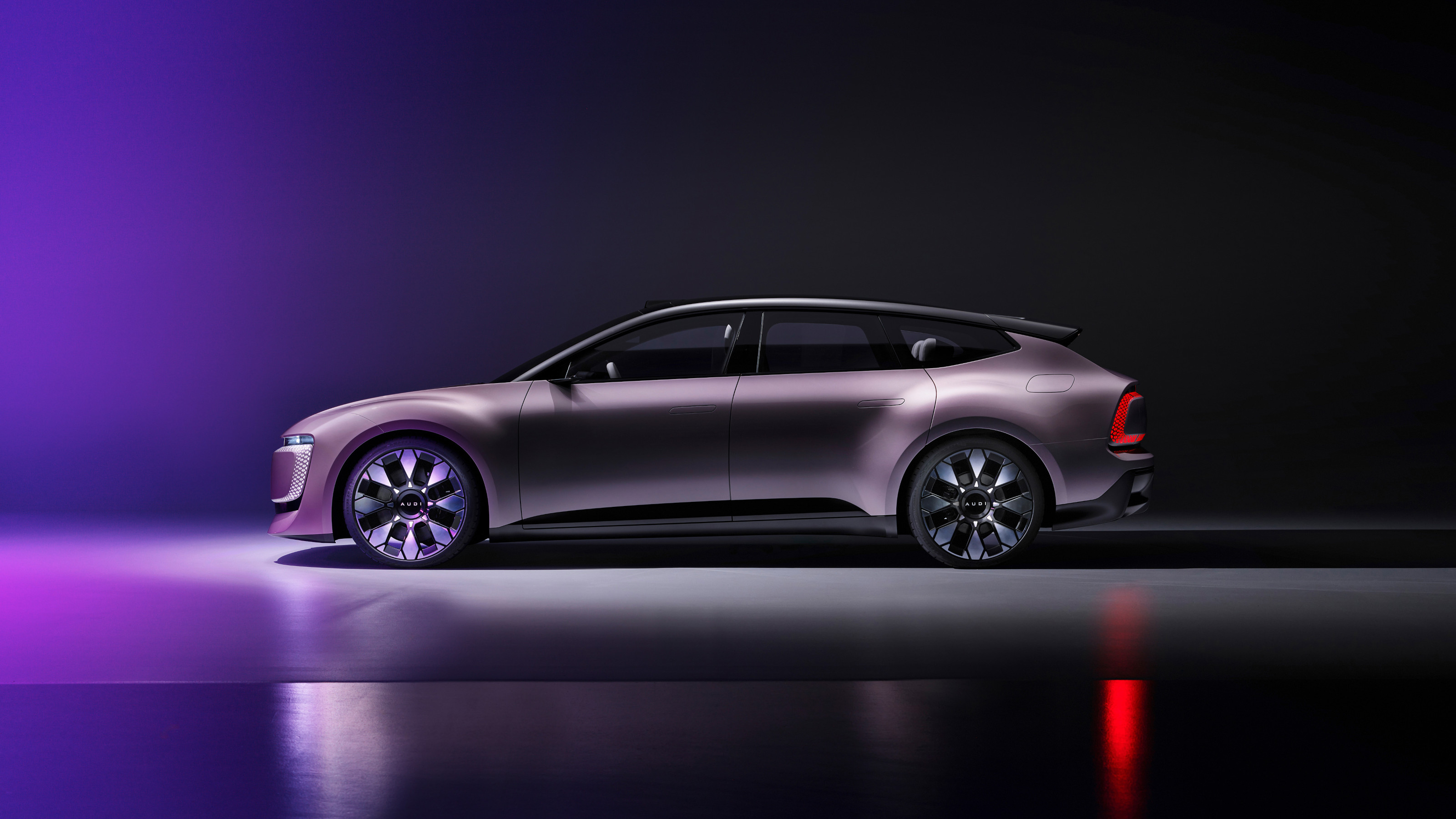
AUDI E Concept
Revealed at an event in early November 2024, the AUDI E concept is a large crossover with sober surfacing, minimal branding and a strong, planted stance. Size-wise it sits between the A5 Avant and A6 Avant models available in other markets, but the pure electric drivetrain allows for more interior space.
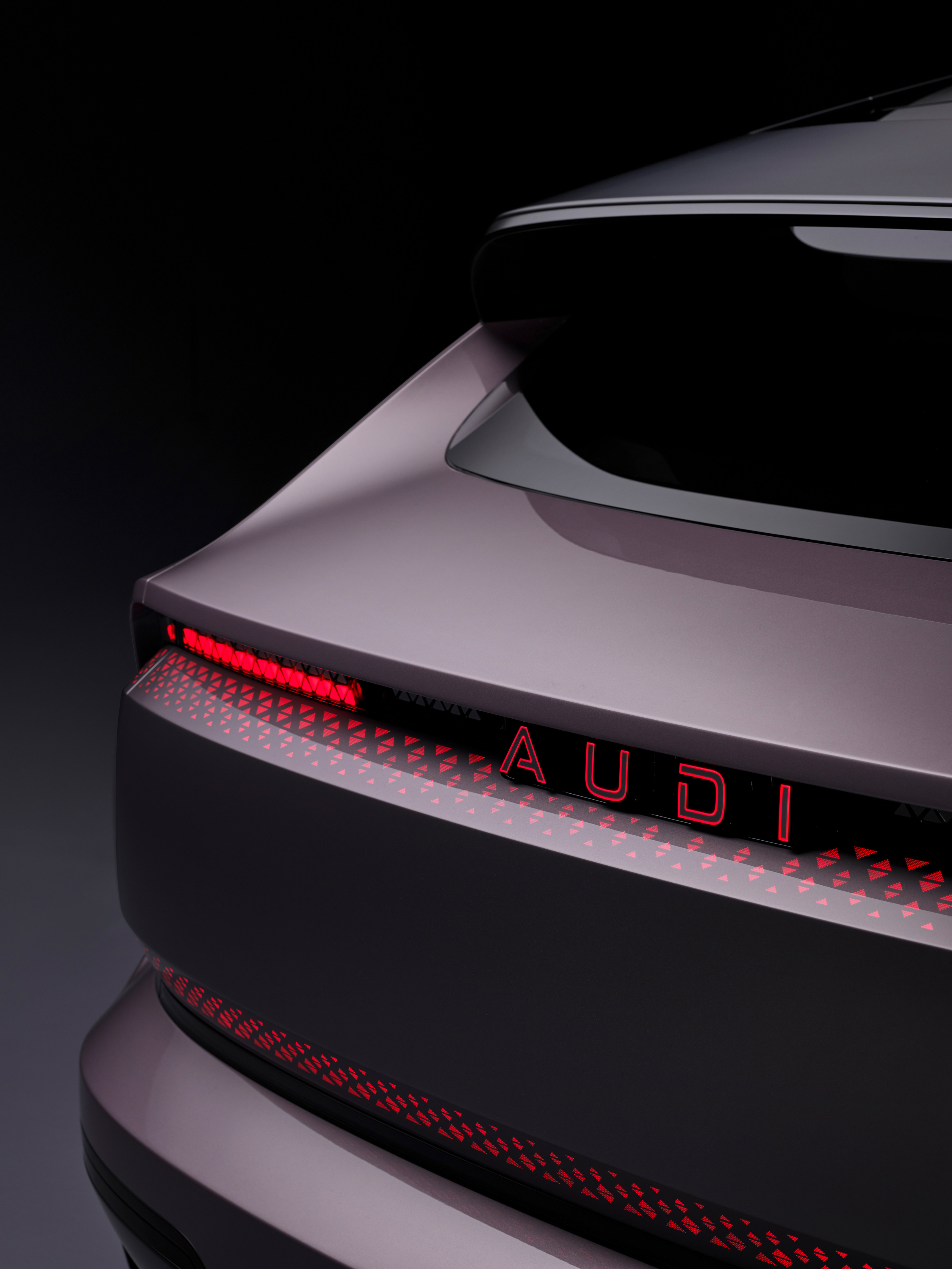
AUDI E Concept
Visually, the AUDI E has more in common with the smooth surfacing and more overtly Bauhaus-inspired design of the parent brand around the turn of the century, when cars like the Audi TT were reinvigorating its design language and influence. Inside, too, the AUDI E represents a departure, with a clear split in the cabin between screens and lower surfaces, emphasised by a shift from light to dark materials, including architecturally-inspired illuminated wood and microfibre details on the doors.
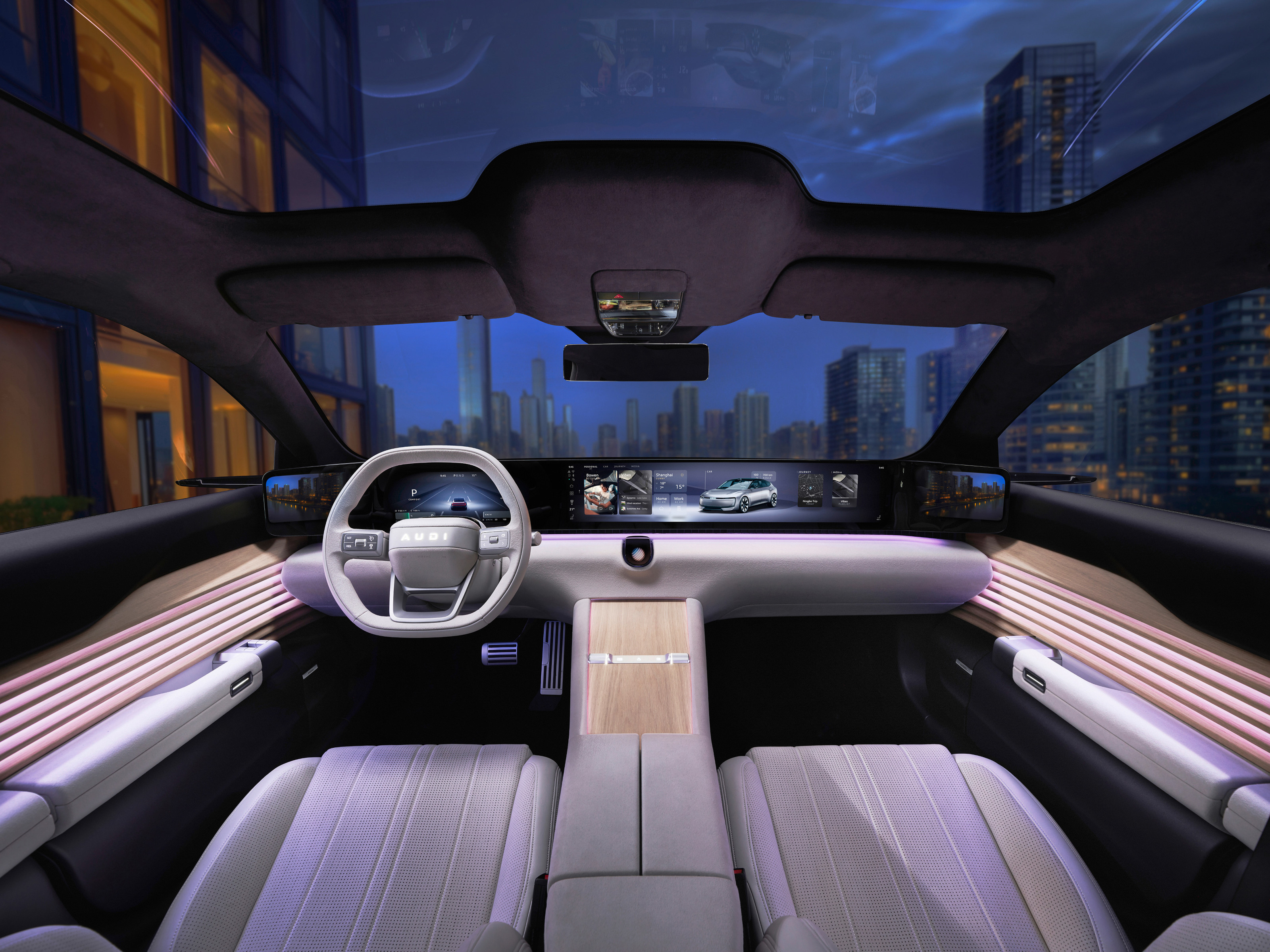
AUDI E Concept
The interior is described as ‘a stylish, comfortable, and connected oasis fit for the urban lifestyle in China’s megacities,’ and includes an AI avatar, the AUDI Assistant, that occupies the centre of the 4K screens, with a design that gives ‘emotional feedback when interacting.’
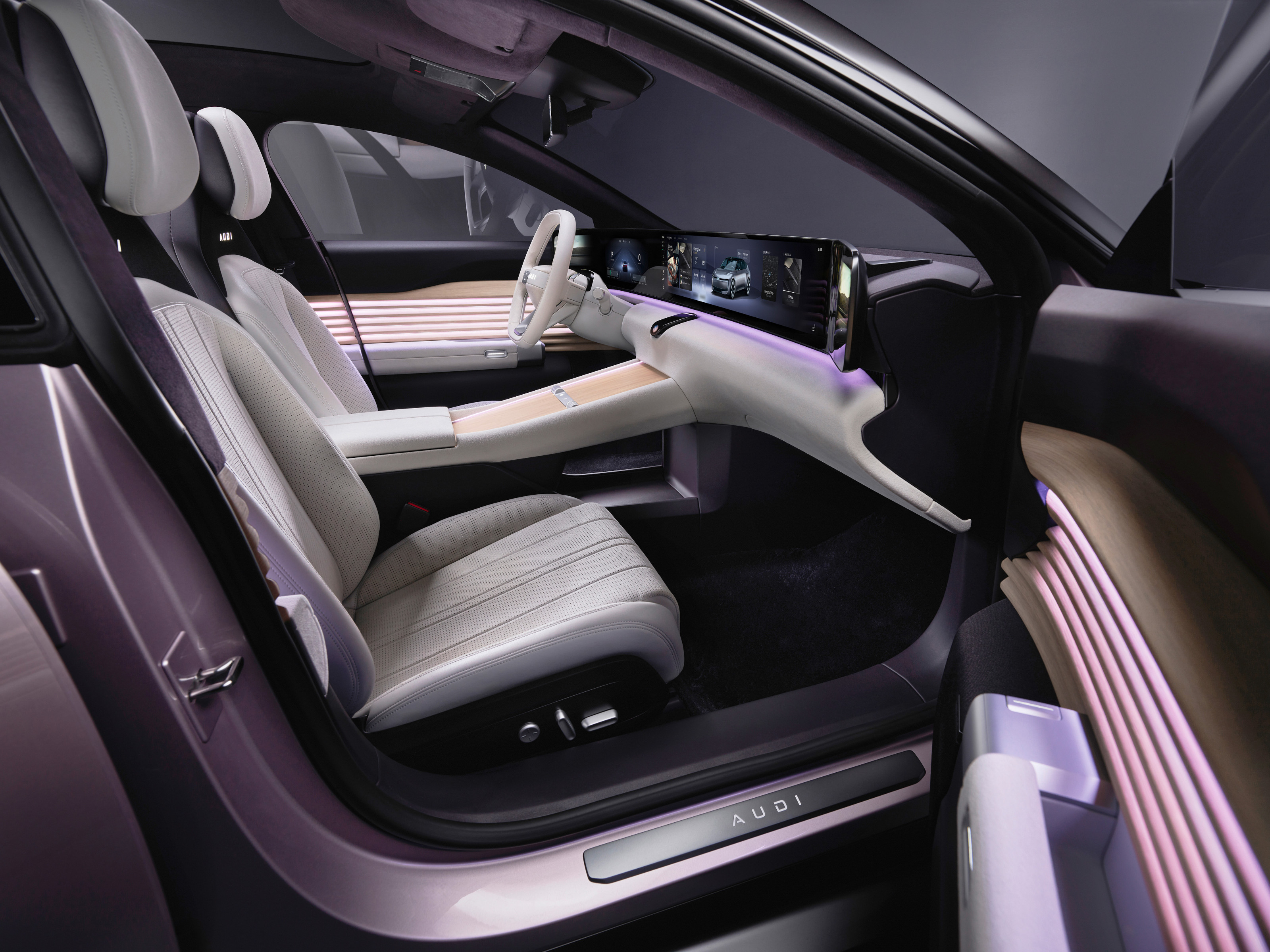
AUDI E Concept
The emphasis on ‘China-specific technology’ includes more driver assistance than can be legally deployed in the West, without losing sight of the performance and dynamics that has always characterised this premium brand. The company cites a range of 700km (434 miles) using the country’s rather optimistic CLTC (China Light-Duty Vehicle Test Cycle) criteria.
Wallpaper* Newsletter
Receive our daily digest of inspiration, escapism and design stories from around the world direct to your inbox.
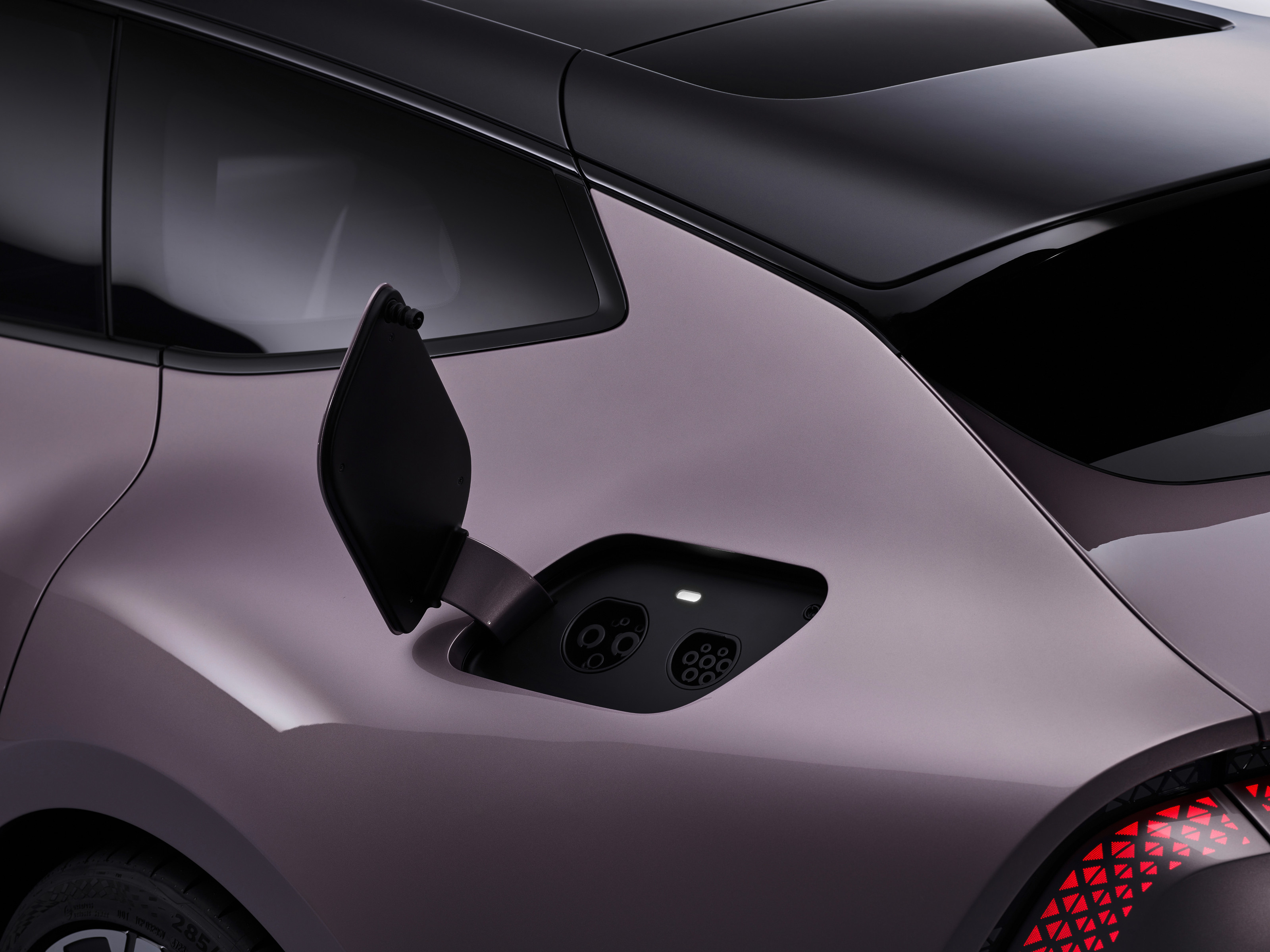
AUDI E Concept
The concept was co-developed in Ingolstadt and the Beijing Design Studio and previews a range of three cars that’ll be introduced in China from the middle of next year, all using the new Advanced Digitized Platform.
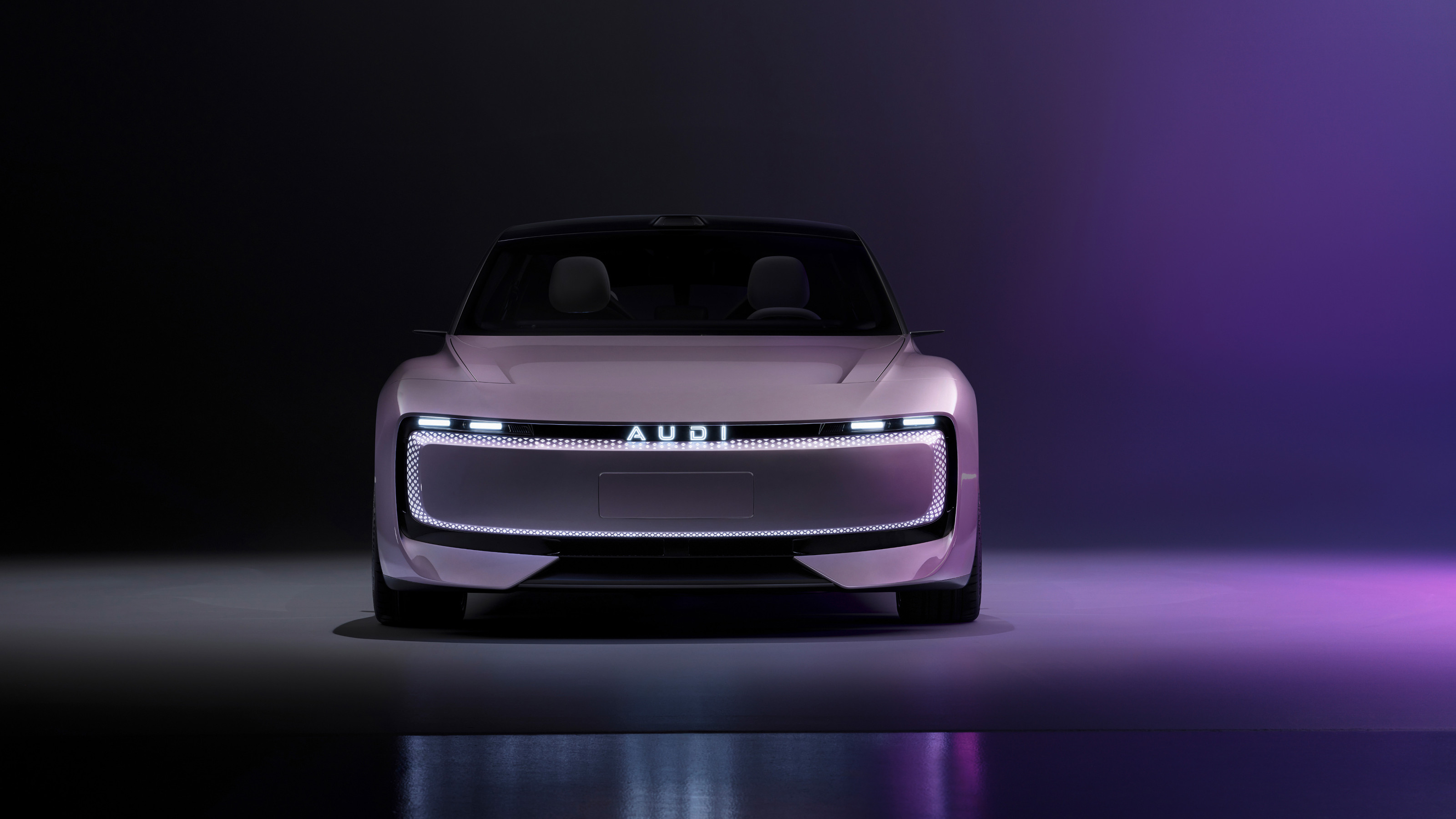
AUDI E Concept
Jonathan Bell has written for Wallpaper* magazine since 1999, covering everything from architecture and transport design to books, tech and graphic design. He is now the magazine’s Transport and Technology Editor. Jonathan has written and edited 15 books, including Concept Car Design, 21st Century House, and The New Modern House. He is also the host of Wallpaper’s first podcast.
-
 Warp Records announces its first event in over a decade at the Barbican
Warp Records announces its first event in over a decade at the Barbican‘A Warp Happening,' landing 14 June, is guaranteed to be an epic day out
By Tianna Williams
-
 Cure your ‘beauty burnout’ with Kindred Black’s artisanal glassware
Cure your ‘beauty burnout’ with Kindred Black’s artisanal glasswareDoes a cure for ‘beauty burnout’ lie in bespoke design? The founders of Kindred Black think so. Here, they talk Wallpaper* through the brand’s latest made-to-order venture
By India Birgitta Jarvis
-
 The UK AIDS Memorial Quilt will be shown at Tate Modern
The UK AIDS Memorial Quilt will be shown at Tate ModernThe 42-panel quilt, which commemorates those affected by HIV and AIDS, will be displayed in Tate Modern’s Turbine Hall in June 2025
By Anna Solomon
-
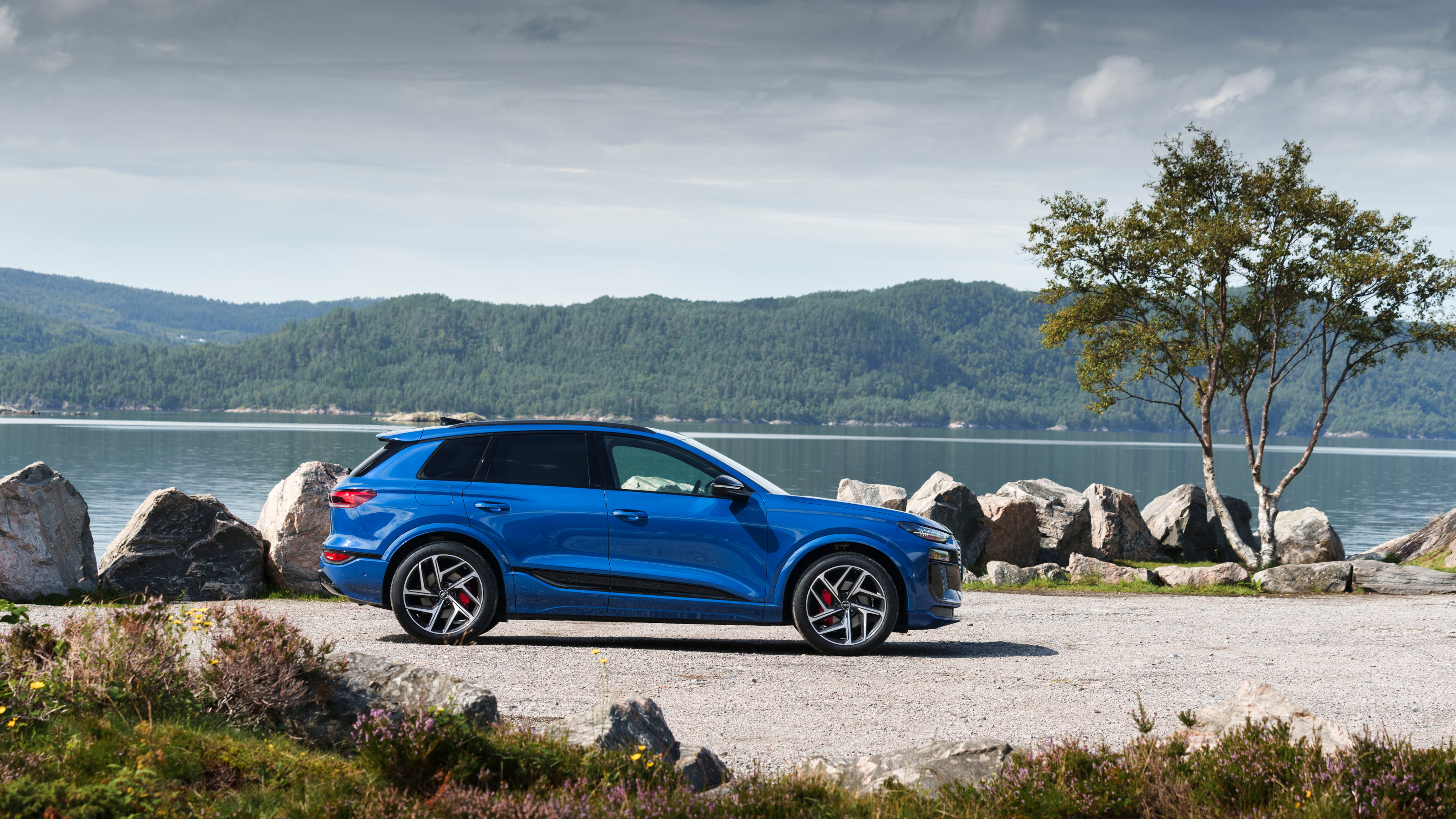 We take Audi’s new Q6 e-tron quattro around and across the fjords of Norway
We take Audi’s new Q6 e-tron quattro around and across the fjords of NorwayThe new Audi Q6 e-tron quattro is a pure EV that marks a new design direction for the German brand, setting new tech standards along the way. Transportation Editor, Jonathan Bell, takes it for a drive
By Jonathan Bell
-
 A deep dive into the new Audi Q6 e-tron, revealed at Milan Design Week 2024
A deep dive into the new Audi Q6 e-tron, revealed at Milan Design Week 2024The Audi Q6 e-tron is the brand's latest all-electric car, a stylish powerhouse launched at Audi’s House of Progress in Milan
By Shawn Adams
-
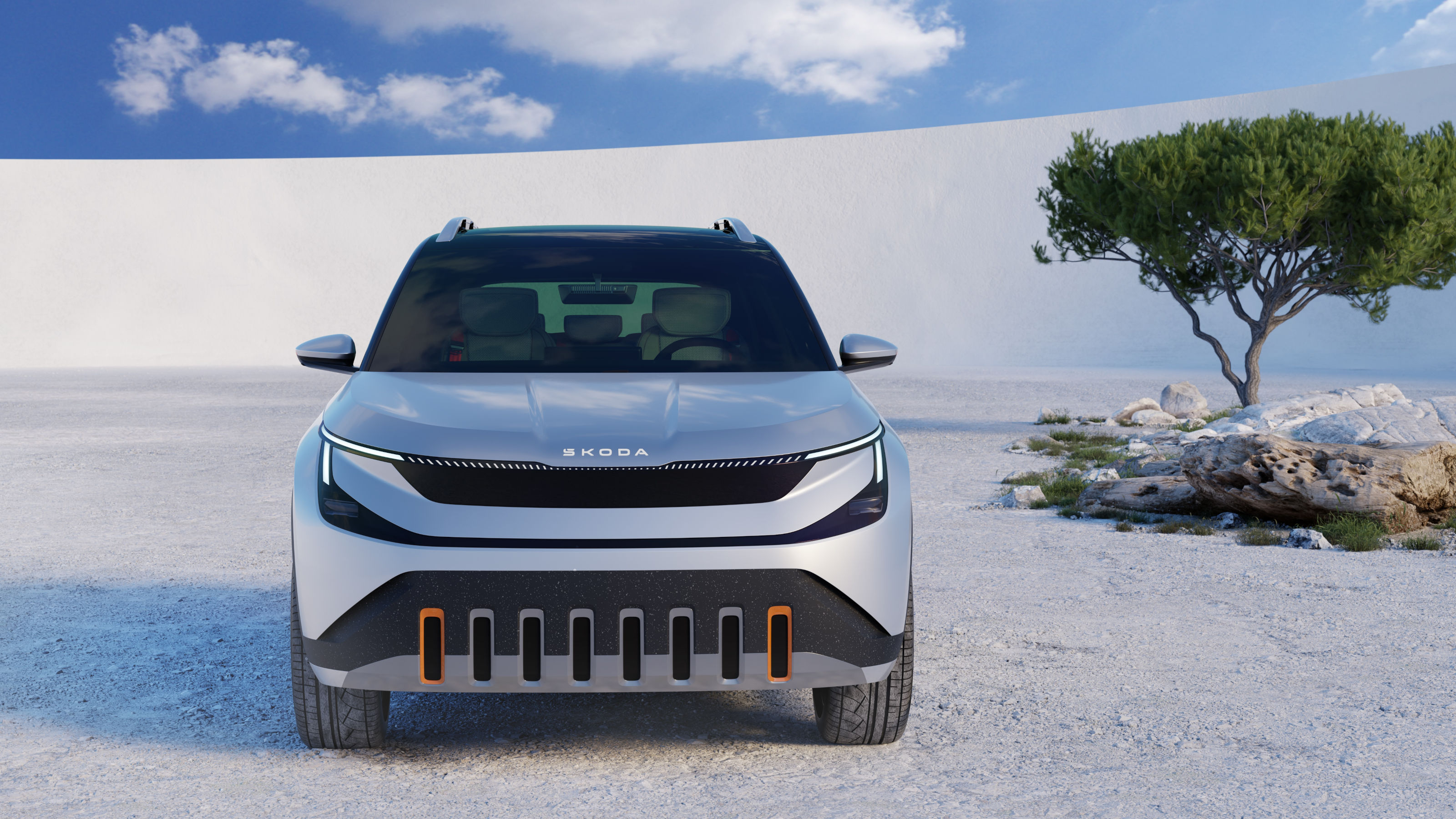 Coming soon: a curated collection of all the new EVs and hybrids that matter
Coming soon: a curated collection of all the new EVs and hybrids that matterWe've rounded up new and updated offerings from Audi, Porsche, Ineos, Mini and more to keep tabs on the shifting sands of the mainstream car market
By Jonathan Bell
-
 Farewell to the Audi TT, a design icon that evolved with the automotive landscape
Farewell to the Audi TT, a design icon that evolved with the automotive landscapeFor over 25 years, the Audi TT has been synonymous with the brand, a modern machine that initially favoured style over sport. The final editions are very different beasts to the original
By Jonathan Bell
-
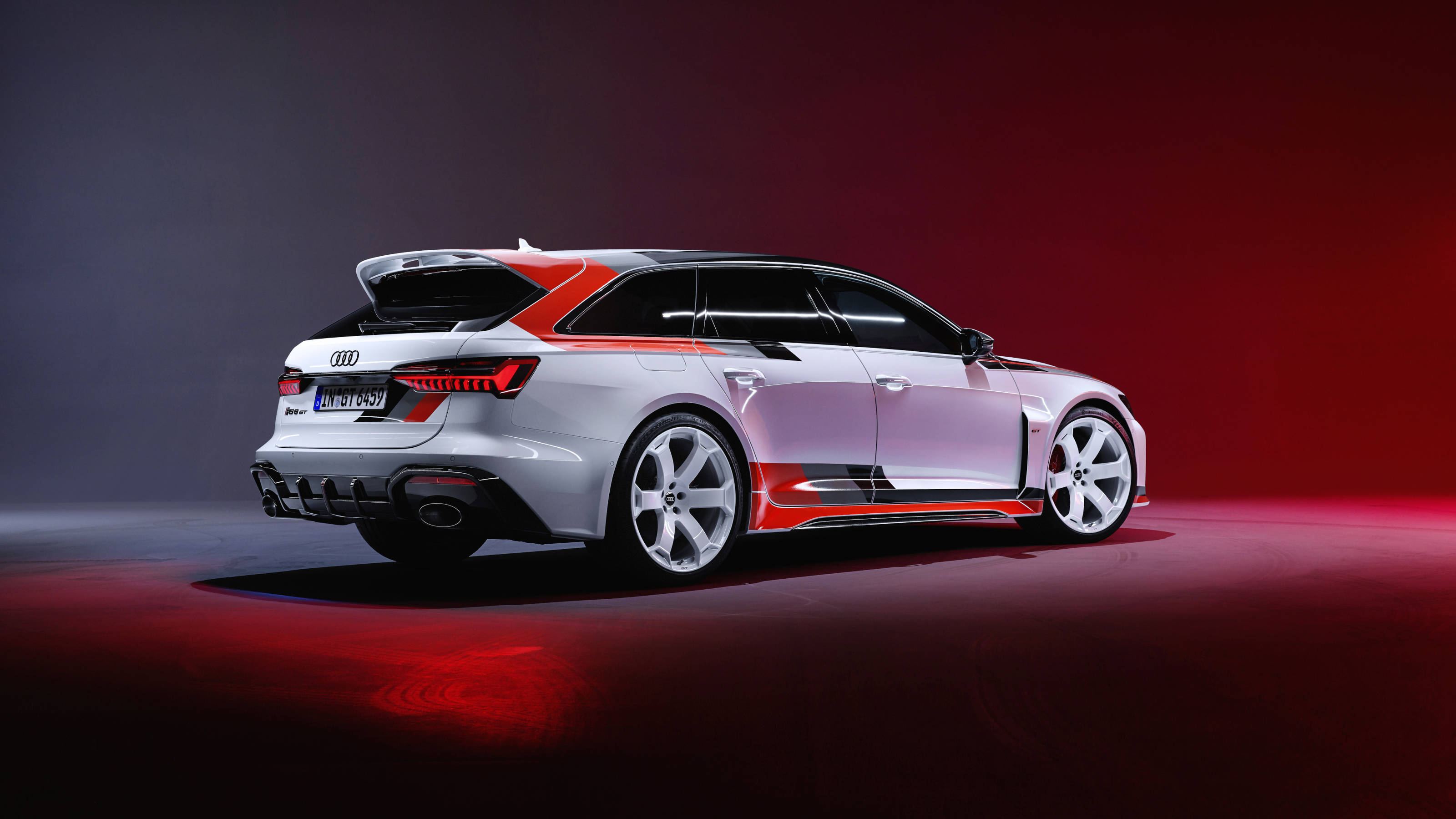 Audi RS6 Avant GT is an estate car that thinks it belongs on the track
Audi RS6 Avant GT is an estate car that thinks it belongs on the trackWith the Audi RS6 Avant GT limited-edition supercar, Audi Sport has gone all-out to create the ultimate hyper-estate
By Jonathan Bell
-
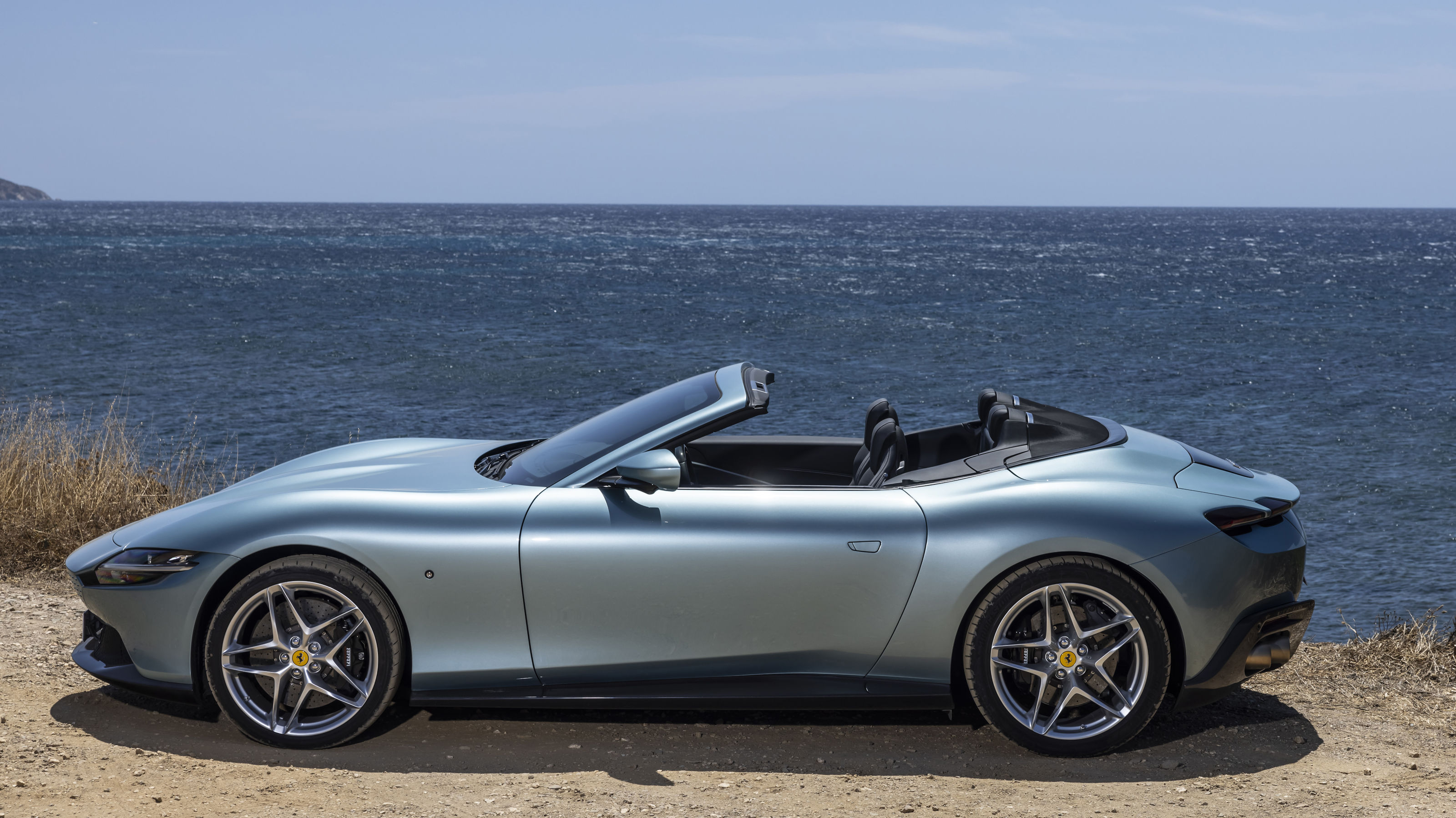 Year in review: the top 10 cars of 2023, as selected by Wallpaper’s Jonathan Bell
Year in review: the top 10 cars of 2023, as selected by Wallpaper’s Jonathan BellWhat were the best four-wheeled offerings of 2023? Transport editor Jonathan Bell takes us through the year’s most intriguing automobiles
By Jonathan Bell
-
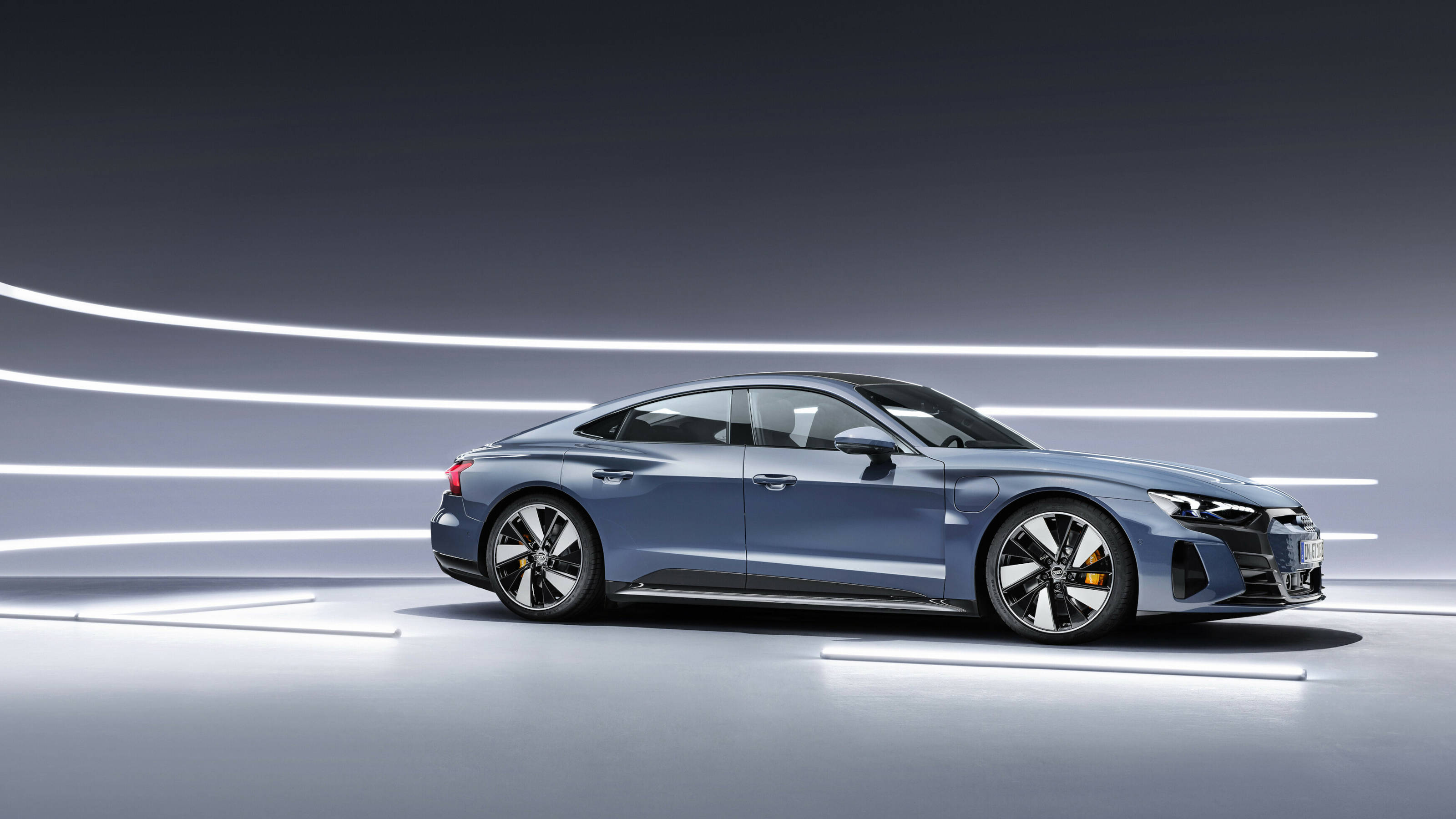 Audi e-tron GT quattro still pushes all the right buttons. But what happens next?
Audi e-tron GT quattro still pushes all the right buttons. But what happens next?Life behind the wheel of Audi’s elegant electric GT, plus a short history of the company’s e-tron series, from concept through to production
By Jonathan Bell
-
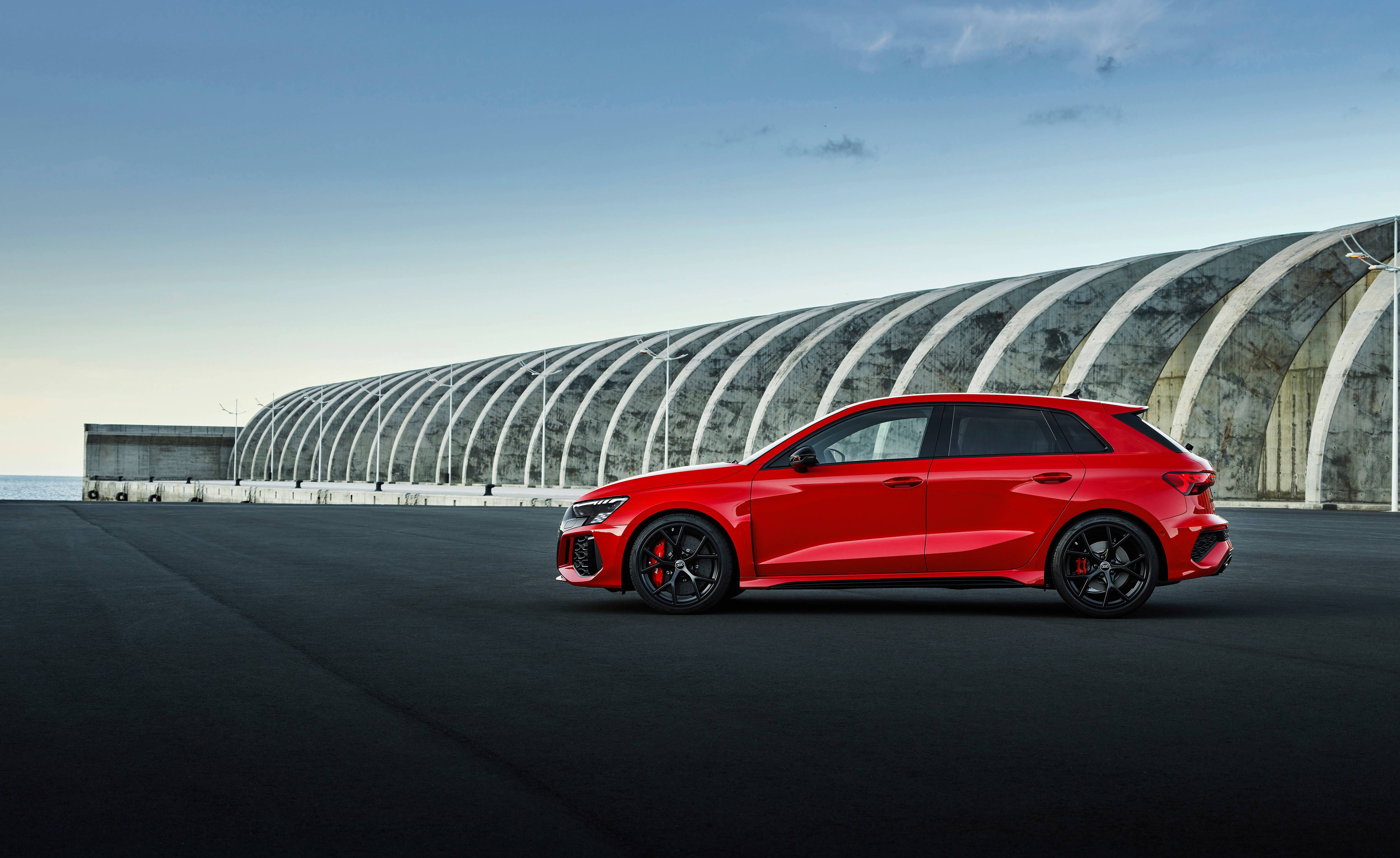 Audi RS3 Sportback is tomorrow’s classic today
Audi RS3 Sportback is tomorrow’s classic todayIt may be one of the last of its ICE kind, but cars like the Audi RS3 Sportback represent the summit of a century’s evolution – and are a convincing reminder as to how far EVs still need to evolve
By Jonathan Bell